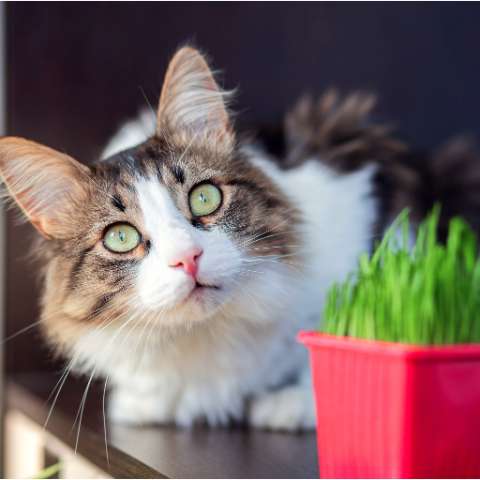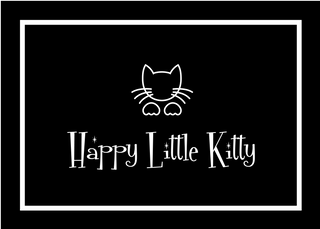Is Purring a Sign of Happiness?
Have you ever been around a cat and heard it purring? There’s nothing quite like the sound of a contented kitty. But what does purring mean? Is it truly a sign of happiness or is there something else going on? Let’s take a closer look at this feline behavior.

What Does Purring Mean?
Purring is usually associated with contentment, but cats may also purr when they’re feeling anxious or in pain. It could be that cats are trying to soothe themselves in these situations and provide comfort during difficult times. In addition, cats may purr when they want something, such as food or attention, from their owners. This could be an attempt to manipulate their humans into providing what they want!
How Do Cats Purr?
The mechanism behind purring is still shrouded in mystery. Scientists believe that it's caused by the movement of the vocal cords combined with spasms from blood vessels in the larynx and throat area. Some experts think that cats produce sound waves through their mouths when air passes over the membranes and tissues in the larynx – similar to how we make sounds when we speak and sing!
What Are The Benefits Of Purring?
As well as providing comfort and reassurance, purring can have physical benefits for cats too! Studies have shown that cats who regularly purr experience lower stress levels than those who don't. The low-frequency vibration produced by purrs can also help to heal broken bones, reduce infection risk, and ease respiratory problems. So perhaps there really is something special about those cute little noises our furry friends make!
Purring is usually associated with contentment, but cats may also purr when they’re feeling anxious or in pain. It could be that cats are trying to soothe themselves in these situations and provide comfort during difficult times. In addition, cats may purr when they want something, such as food or attention, from their owners. This could be an attempt to manipulate their humans into providing what they want!
How Do Cats Purr?
The mechanism behind purring is still shrouded in mystery. Scientists believe that it's caused by the movement of the vocal cords combined with spasms from blood vessels in the larynx and throat area. Some experts think that cats produce sound waves through their mouths when air passes over the membranes and tissues in the larynx – similar to how we make sounds when we speak and sing!
What Are The Benefits Of Purring?
As well as providing comfort and reassurance, purring can have physical benefits for cats too! Studies have shown that cats who regularly purr experience lower stress levels than those who don't. The low-frequency vibration produced by purrs can also help to heal broken bones, reduce infection risk, and ease respiratory problems. So perhaps there really is something special about those cute little noises our furry friends make!
All things considered, there’s no doubt that purring is an important part of how cats communicate with us – even if we don’t always understand them! Whether your cat is happy or sad, scared or hungry – you can bet that its purrs will tell you exactly how it feels. So next time your pet starts to rumble away in its throat, don’t forget to take note - you never know what secrets it could be revealing!


Leave a comment